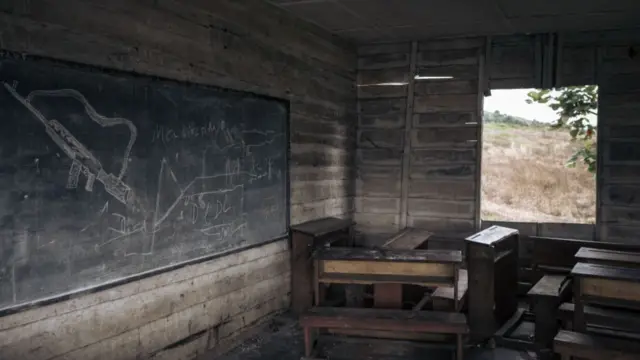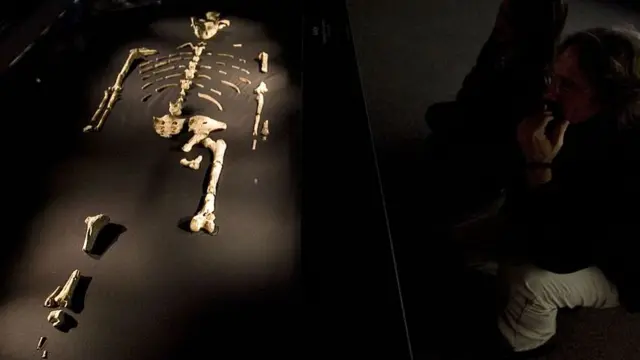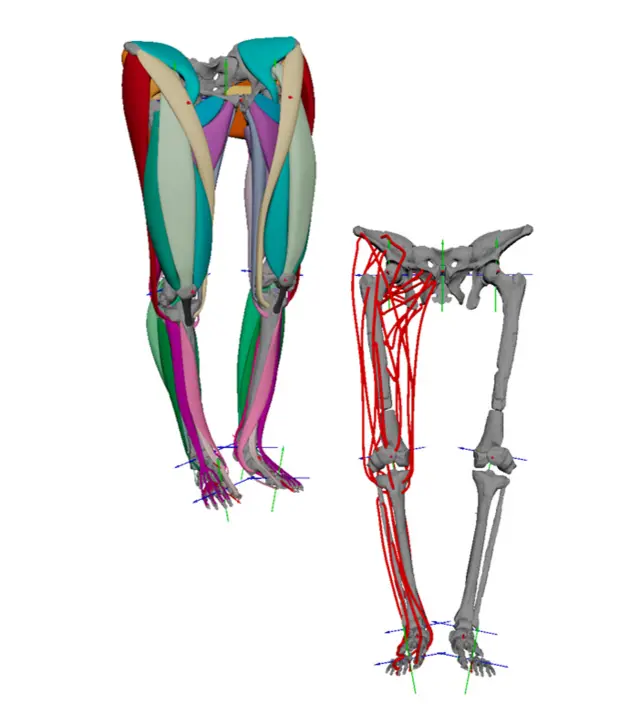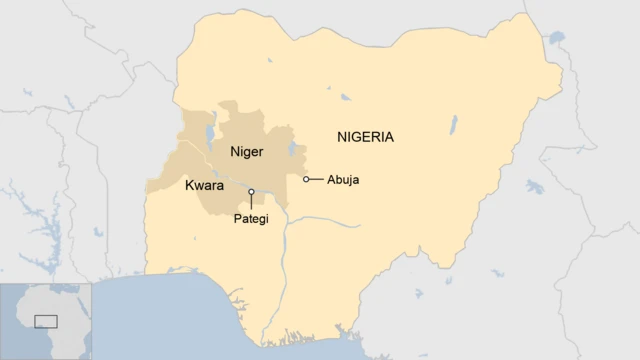South African MPs pass ‘revolutionary’ health billpublished at 13:57 BST 14 June 2023
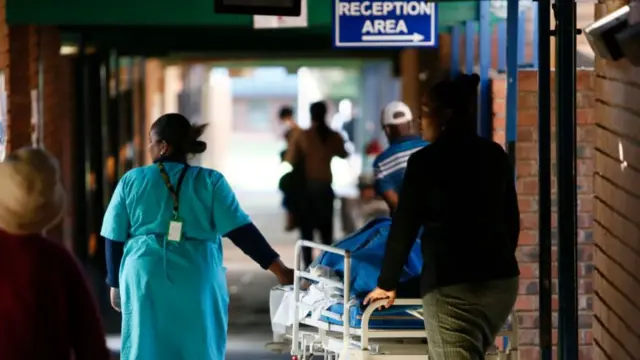 Image source, Getty Images
Image source, Getty ImagesThe bill wants to ensure all South Africans get quality healthcare, not just those with private health insurance
South Africa’s lower house of parliament has passed a contentious universal healthcare bill - described by the health minister as a “historic” moment for the country.
The National Health Insurance (NHI) bill seeks to give South Africans “of all races, rich or poor and legal long-term residents, external” access to quality healthcare.
This is in accordance with the constitution, adopted after Nelson Mandela was democratically elected as president in 1994 following the end of white-minority rule.
The country is still considered one the most unequal societies in the world, with a huge wealth gap and 84% of South Africans relying on often poor quality public healthcare.
The bill intends to create one public health fund for private and public healthcare providers - a pool of money to be funded through general taxes, contributions from those earning above a set amount and monthly contributions from employees.
Health Minister Joe Phaahla said the vote by the National Assembly - with 205 MPs in support and 125 against - was a major milestone and laid a foundation for big reforms, the South African Government News Agency (SANews) reports.
“This is one of the most revolutionary pieces of legislation presented to this house since the dawn of democracy," News24 quotes Mr Phaahla as saying, describing him as elated after the vote.
At the moment, the government says the 16% of the population who have private medical insurance benefit from 51% of the national expenditure on medical treatment, leaving the system squeezed trying to provide free care for the vast majority of South Africans.
“This has led to a situation where the public health system is under tremendous pressure while the private healthcare is over-servicing its clients leading to ever-rising costs to the members of medical schemes while the investors are enjoying huge dividends,” Mr Phaahla said.
This often race-determined health system was an inheritance of apartheid and had become class based as inequality was growing “even cutting across race”, the health minister said.
The opposition Democratic Alliance (DA) and Economic Freedom Fighters (EFF) voted against the bill.
The DA feels it will be disastrous for the private healthcare system, destroying it through a lack of funding.
The EFF says the only cure for the "two-tier" system is for the full nationalisation of healthcare.
The proposed legislation will now go to the upper house - the National Council of Provinces - for consideration before it is signed into law by the president.




